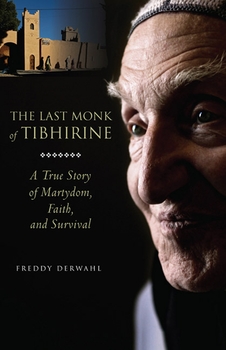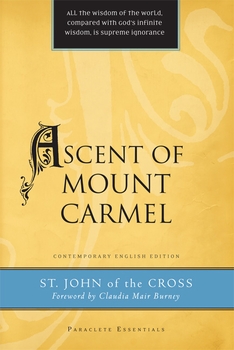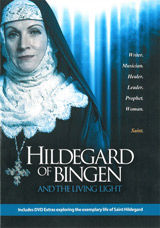 I just finished reading the manuscript copy and what struck me the most was the humble commitment that led these monks to remain in Algeria and simply be present with their neighbors in a time of unchecked violence in their country. Their goal had never been to convert their Muslim neighbors – but to simply show Christ’s love and live alongside them. I have been thinking a lot about a portion of the last testament written by Prior Christian just before the abduction, where he says that he saw himself as an accomplice of evil in the world. He depicts it as “sitting down at the table of the sinners.” As it is described “all of us deserve part of the blame for everything that goes wrong in the family of mankind, and it is our duty to change this and to heal. If we neglect doing this, if we do not take action and carry out the task that we have been given, then we are jointly responsible for the result.”
I just finished reading the manuscript copy and what struck me the most was the humble commitment that led these monks to remain in Algeria and simply be present with their neighbors in a time of unchecked violence in their country. Their goal had never been to convert their Muslim neighbors – but to simply show Christ’s love and live alongside them. I have been thinking a lot about a portion of the last testament written by Prior Christian just before the abduction, where he says that he saw himself as an accomplice of evil in the world. He depicts it as “sitting down at the table of the sinners.” As it is described “all of us deserve part of the blame for everything that goes wrong in the family of mankind, and it is our duty to change this and to heal. If we neglect doing this, if we do not take action and carry out the task that we have been given, then we are jointly responsible for the result.”Actions speak louder than words in a way that is profound.



